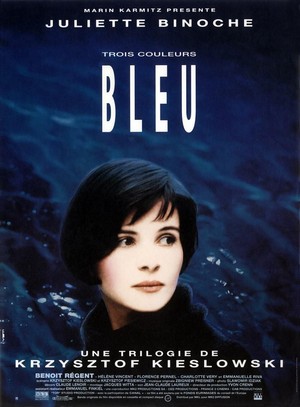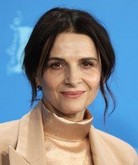
Trois Couleurs: Bleu (1993)
Three Colors: Blue / Trzy Kolory: Niebieski

Raiting: ![]() 7,8 /10
7,8 /10
Genre: Drama
Director: Krzysztof Kieslowski
Stars: Juliette Binoche, Benoît Régent and Florence Pernel
Country: France / Poland / Switzerland
Release date: 1 August 1993
Length: 98 minutes





